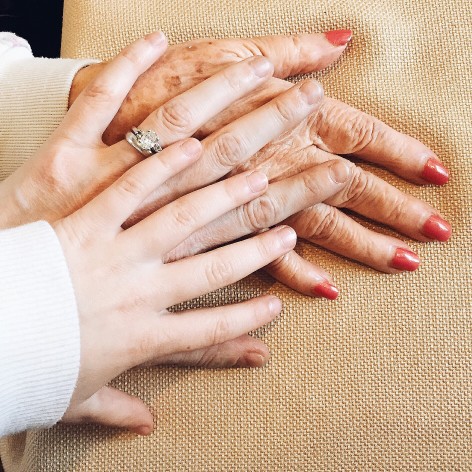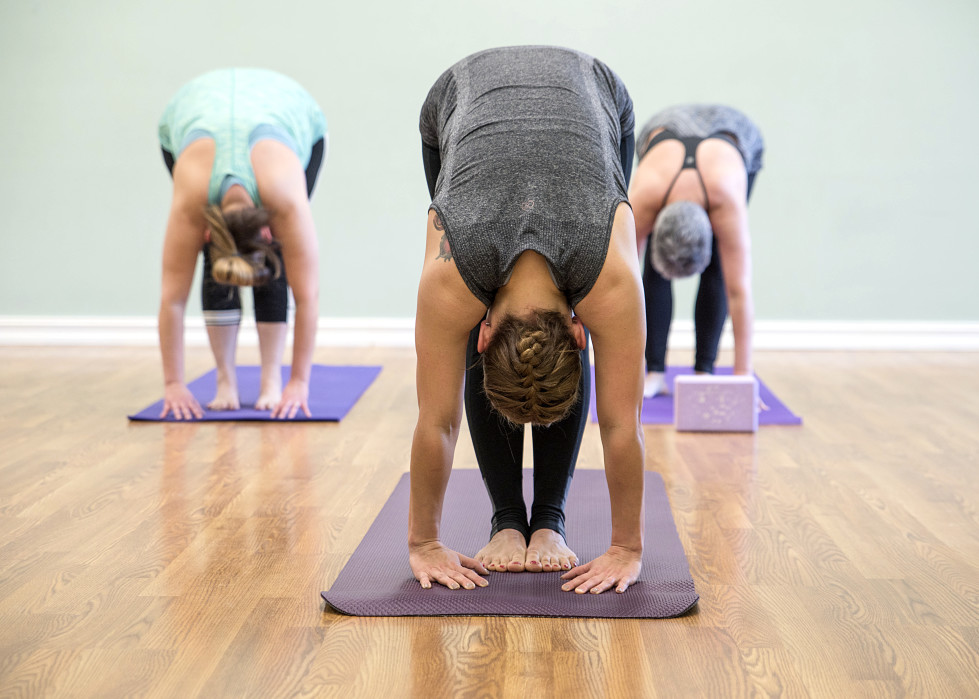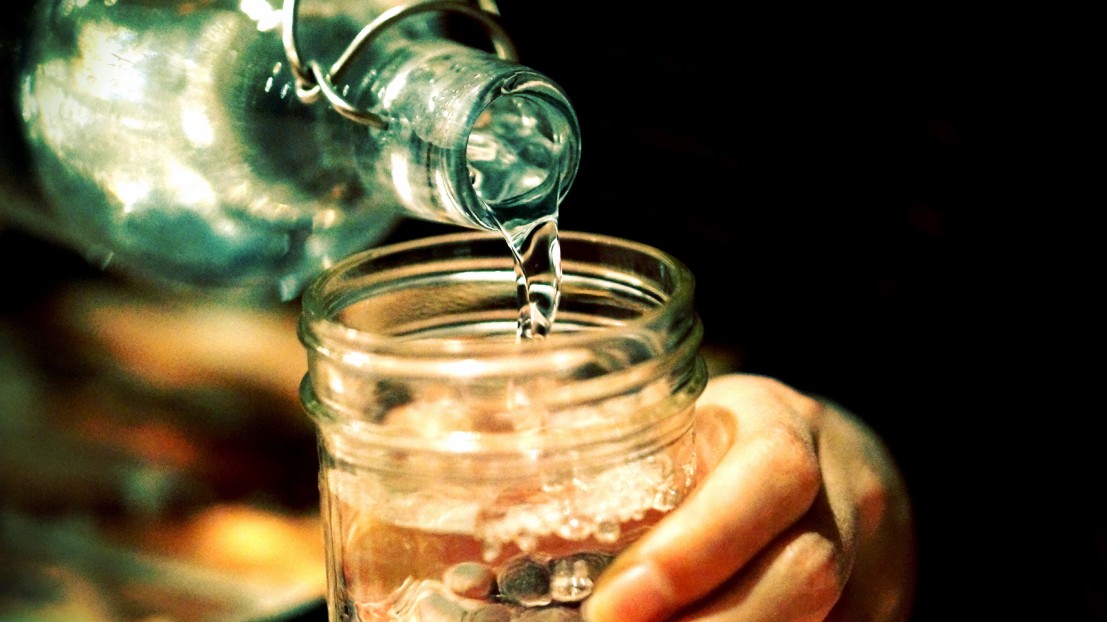The Science of Skin Aging
10/25/16 – Skin ScienceAge is just a number, right? Except when it comes to your skin. Turns out age is actually two numbers: 1) The age you are, and 2) the age your skin looks.
Your actual age may have less to do with your skin’s appearance and its health than you think. A variety of factors can influence your skin’s health and resilience — some things we can change and some we’re stuck with by virtue of our heredity.
Nature: factors outside your control
Like many other biological processes and structures, your skin comes pre-loaded with genetic programming that determines its pigment, elasticity, thickness, rebound, and more.
- After the age of 20, skin produces about 1% less collagen (the skin component responsible for skin’s firmness) every year, so the older you are, generally, the thinner your skin. As aging progresses, skin also produces less sweat, oils, and elastin, which can contribute to your skin drying out and having less effective rebound.
- Pollutants, exposure to wrinkle-inducing free radicals, and other external environmental factors can negatively impact skin’s tone and thickness. What’s a free radical? A free radical is a molecule that’s missing an electron. It often turns to antioxidants as a replacement, but if no antioxidants are present to balance it out, a free radical can cause damage to surrounding cells in a process called oxidation. Here are five things you need to know about free radicals.
- There are some laws you can’t break, and the one pulling at your skin day in and day out is one of them.
Nurture: things you can control
Your environment plays a dramatic role in the aging of your skin — both its perceived age and its actual age. Smoking and sun damage are among the factors that contribute the most to premature skin aging.
Habits — The best things you can do for your skin are to quit smoking (if you’re a smoker), avoid second-hand smoke exposure, and avoid sun damage. This means routinely wearing and reapplying a broad spectrum sunscreen. While smoking and sun exposure are certainly very common causes of damaging free radicals, other habits can generate them, too, including certain foods, excessive alcohol, and even exercise! Now, that doesn’t mean you should stop working out — it just means we should always be thinking of ways to protect our skin.
Diet and Hydration — Perhaps it’s no surprise that your body’s largest organ obviously reflects what you eat (and drink). Highly processed foods and diets rich in manufactured sugars, fats, and salts can clog pores, trigger breakouts, and generally dull the appearance and resilience of skin over time. This effect is especially dramatic when coupled with poor hydration and/or the routine consumption of sugary beverages.
Sleep — Skin health, or lack thereof, can be a reliable indicator of how well (or not) you’re sleeping. There’s a reason we notice when other people are “looking tired.” Losing zzz’s, especially a cumulative loss or significant sleep debt, can be noticed almost immediately in someone’s outward appearance.
Supplements — Taking dietary supplements, like Heliocare®, can also help our skin protect itself against premature aging caused by free radicals, and promote younger looking skin.*
Skin aging is a natural part of life, but the more you know, the better prepared you’ll be to keep your skin healthy and young looking.
*This statement has not been evaluated by the Food and Drug Administration. This product is not intended to diagnose, treat, cure or prevent any disease.
References:
WebMD:
http://www.webmd.com/beauty/skin/effects-of-stress-on-your-skin
Healthline:
http://www.healthline.com/health/skin-disorders
LiveScience:
http://www.livescience.com/1192-skin-disorders-linked-stress.html
American Academy of Dermatology (AAD):
https://www.aad.org/public/skin-hair-nails/younger-skin
National Institute on Aging:
https://www.nia.nih.gov/health/publication/skin-care-and-aging





















